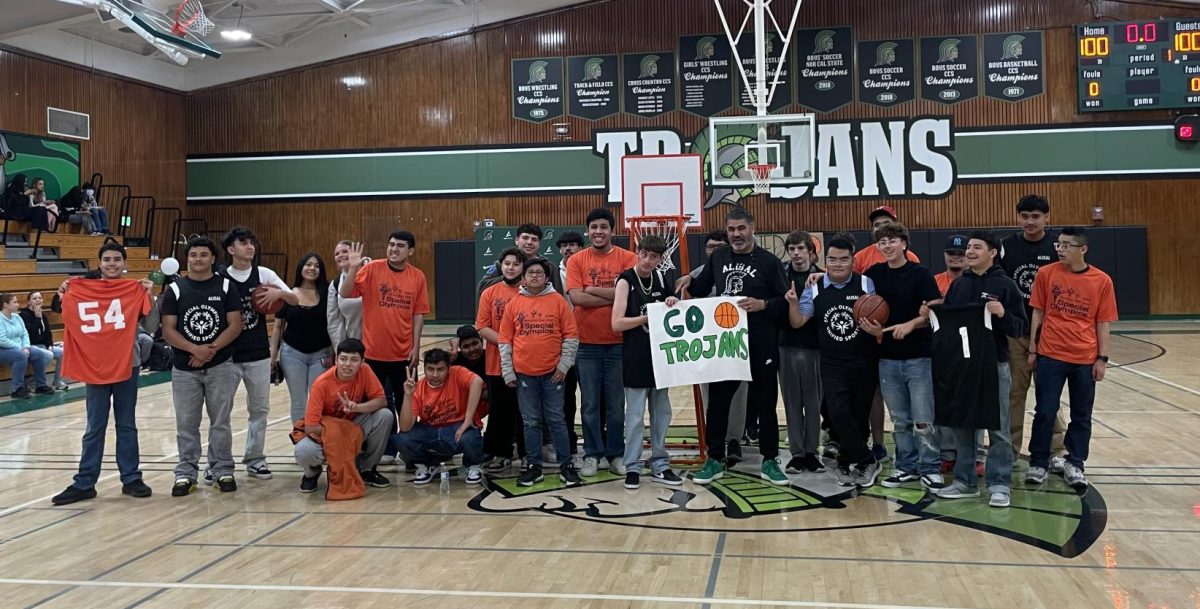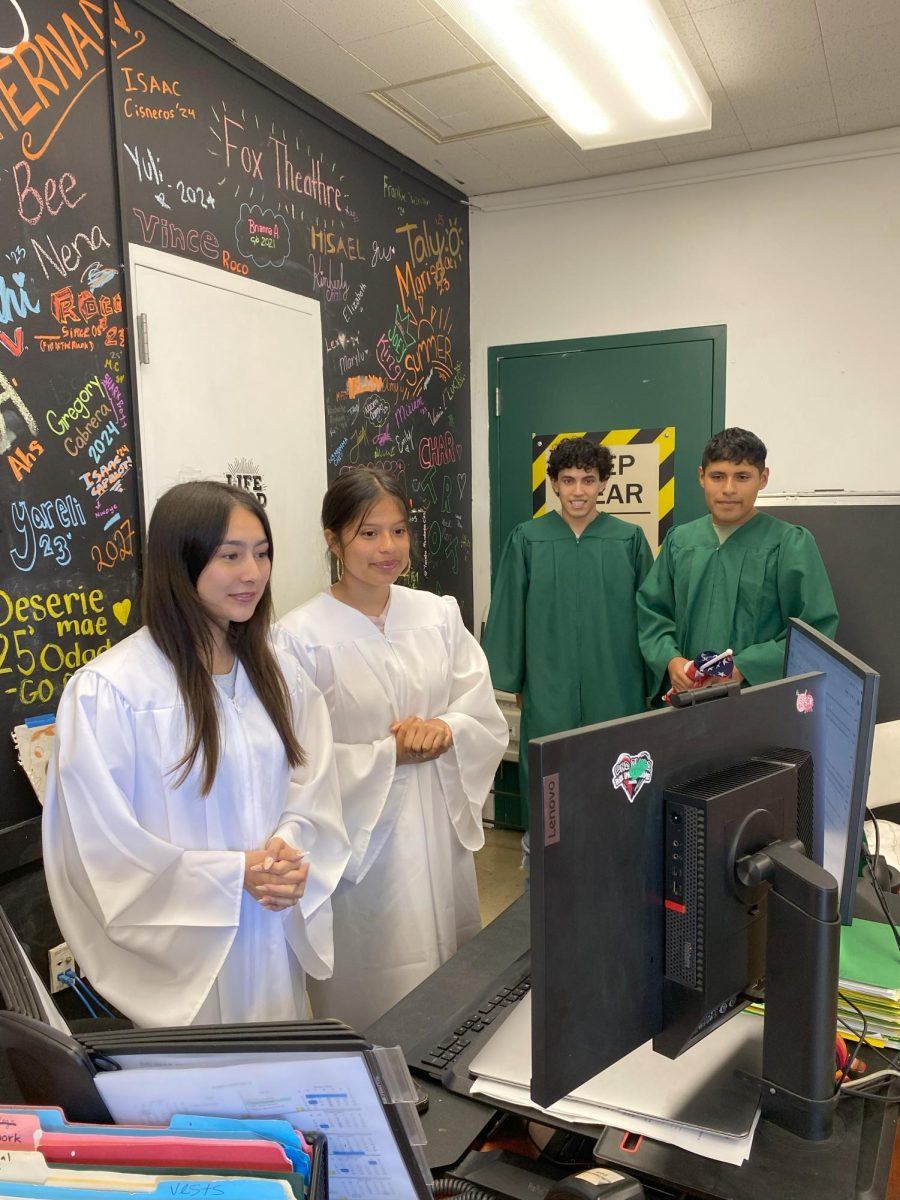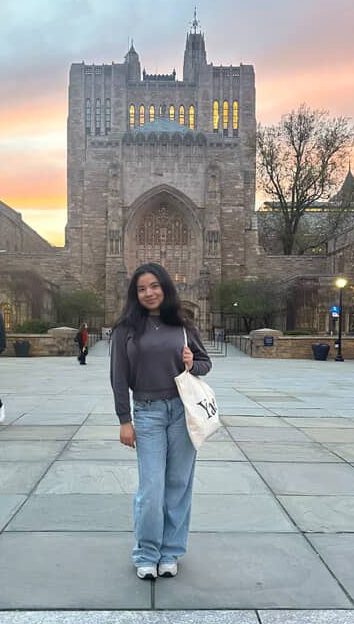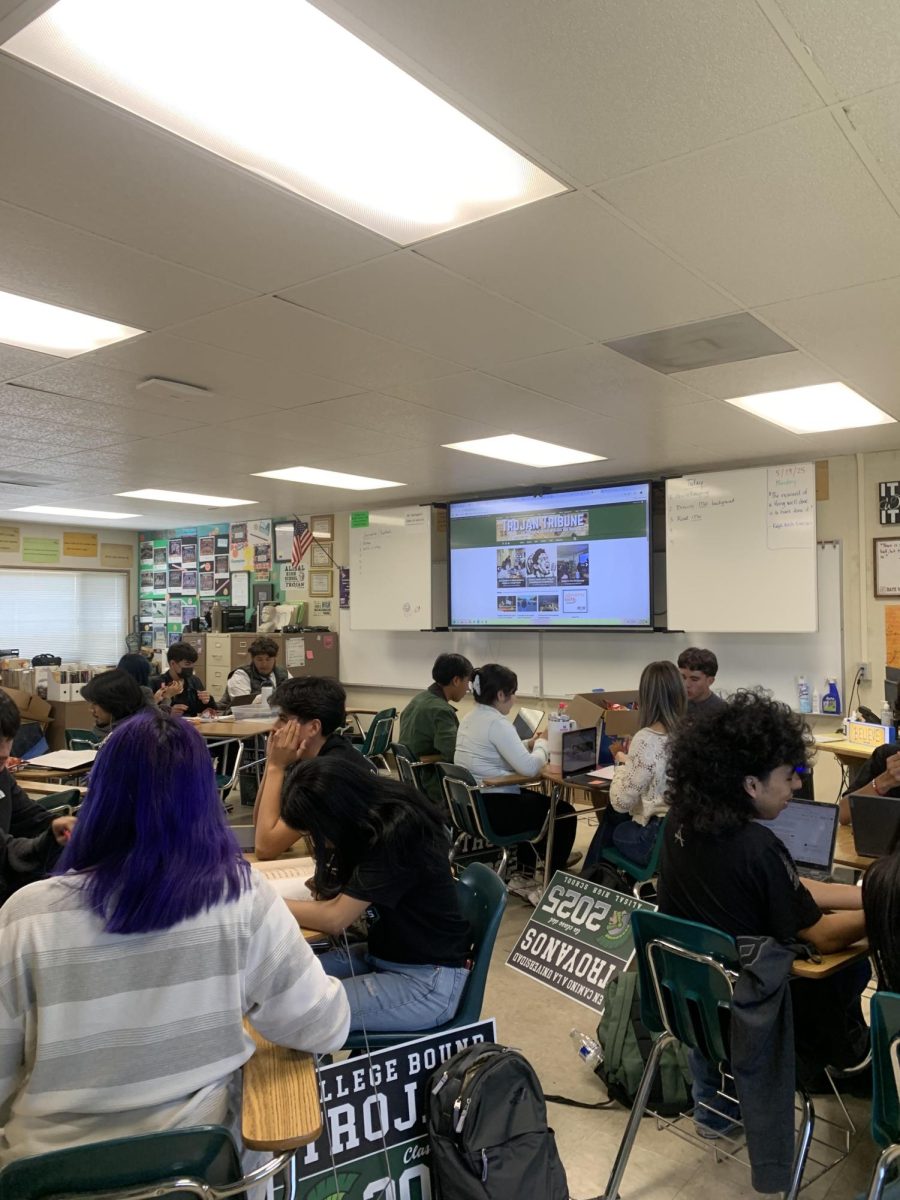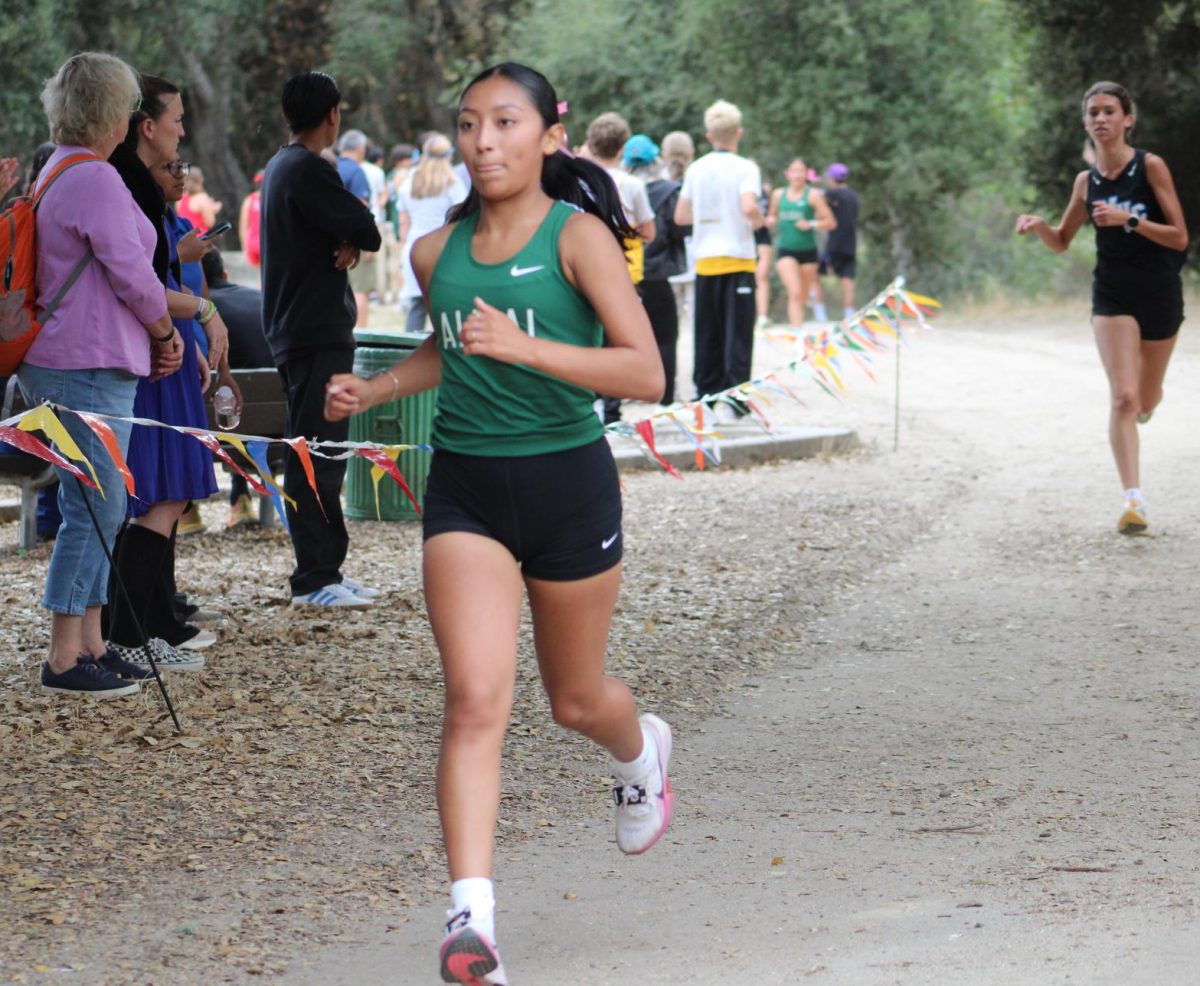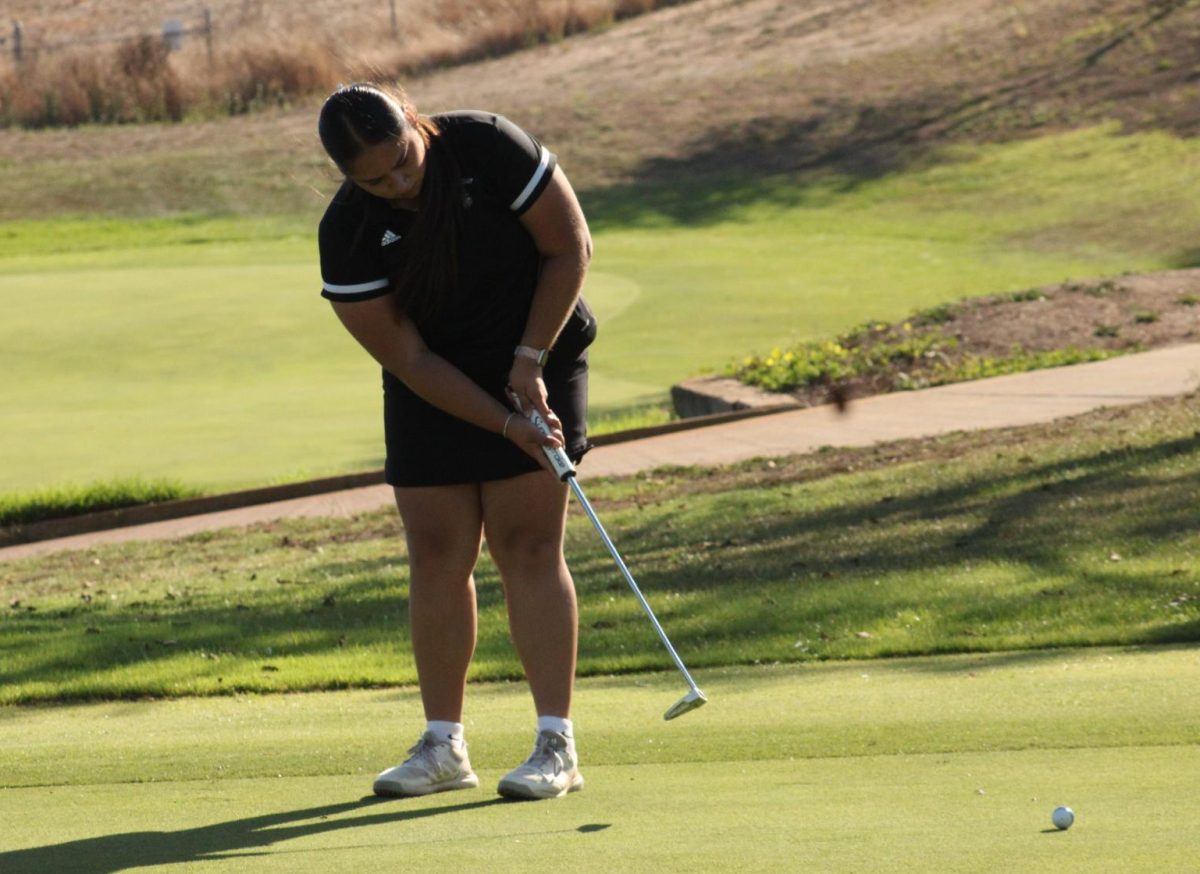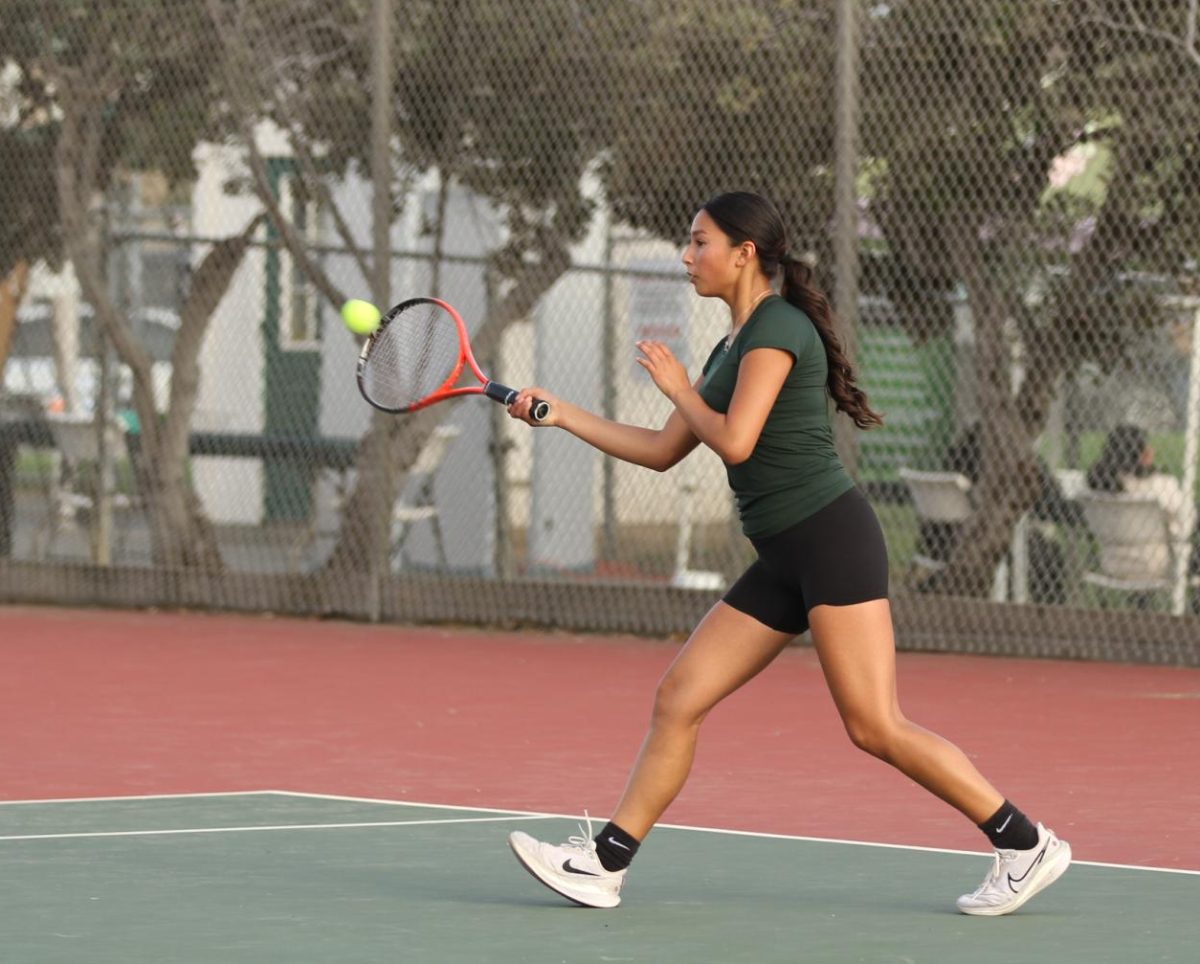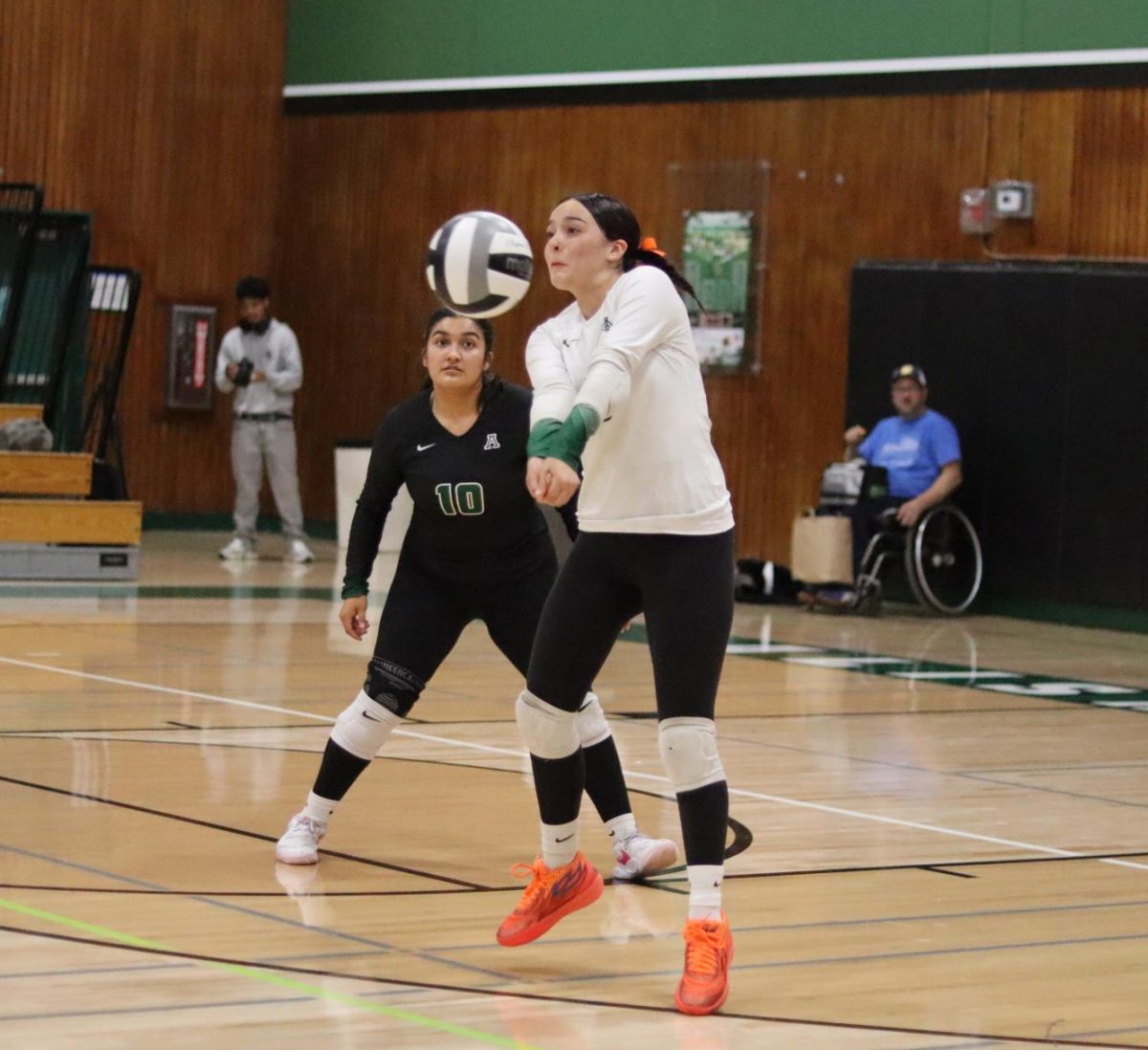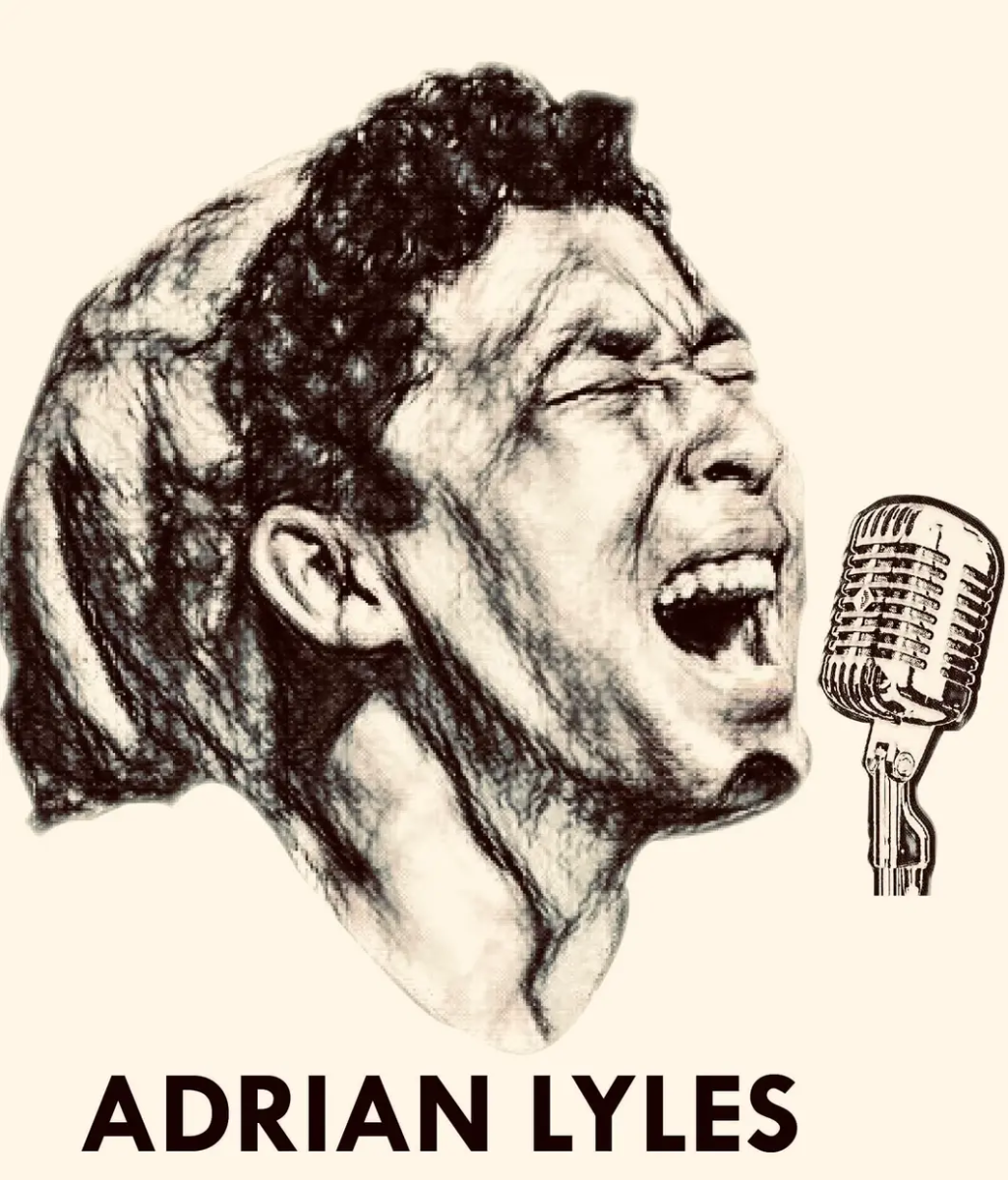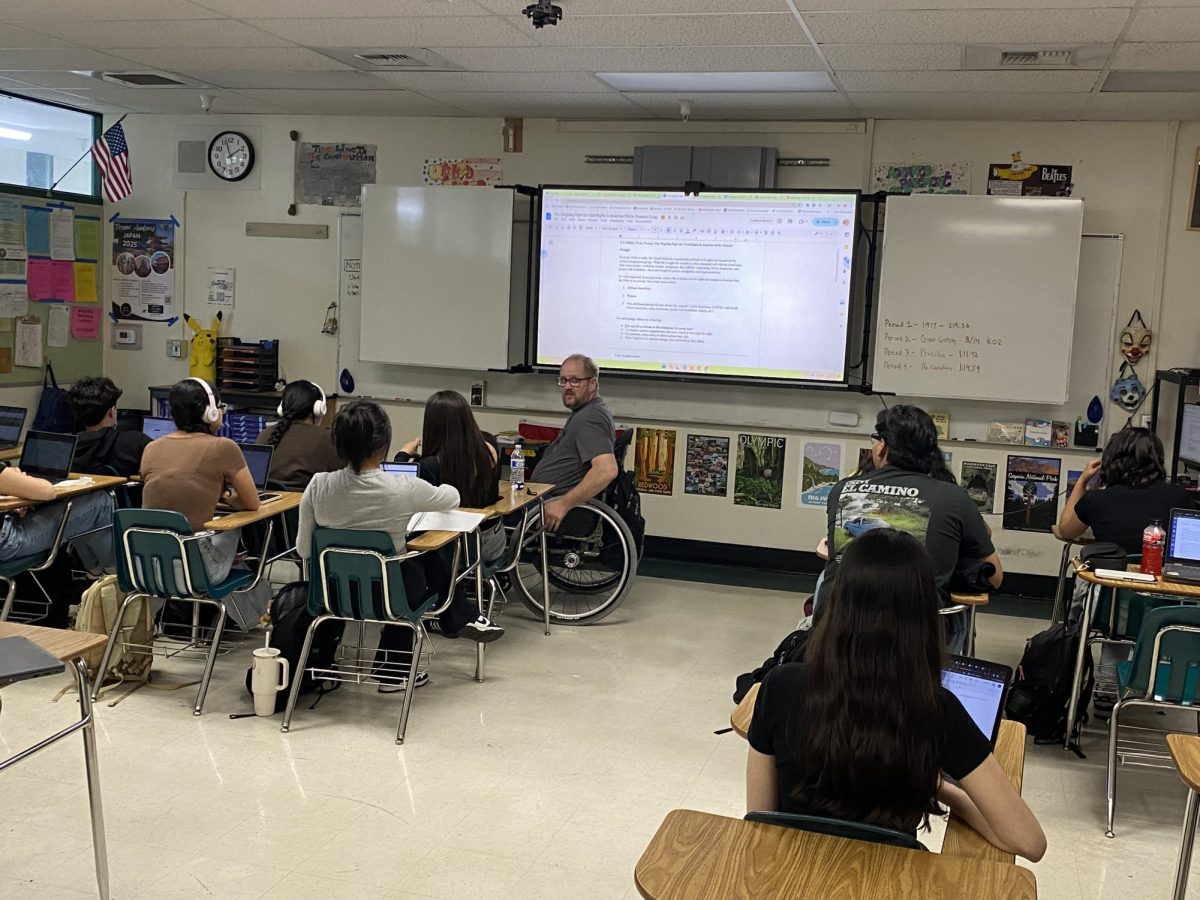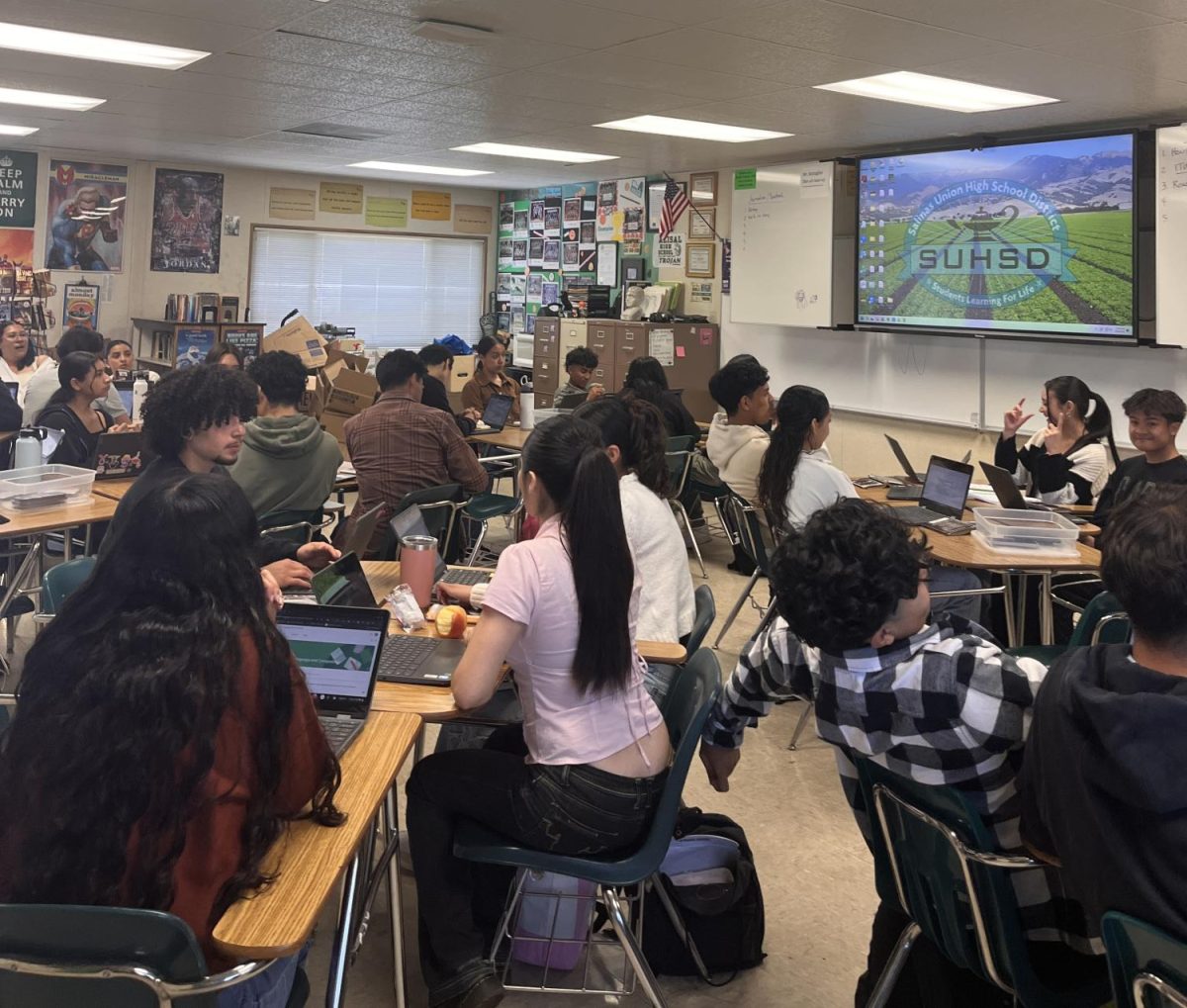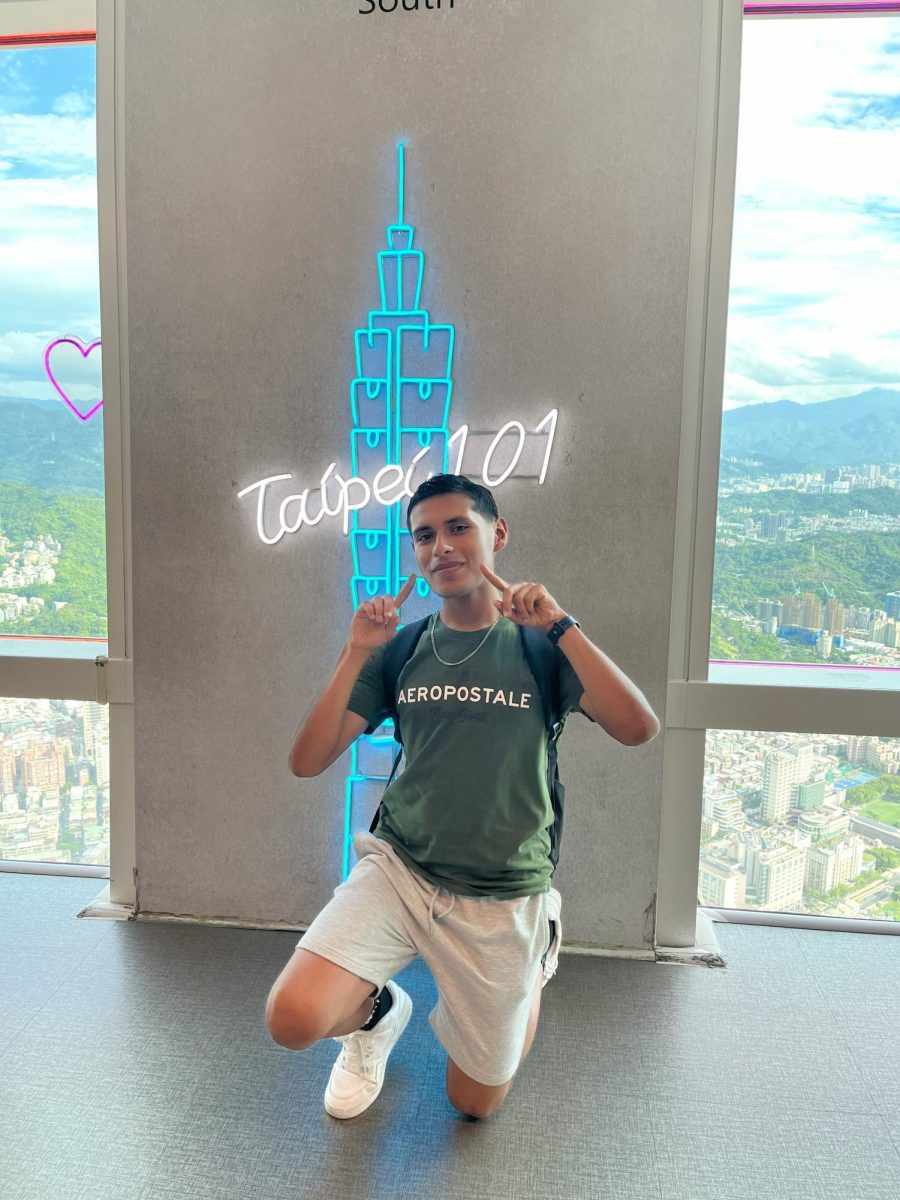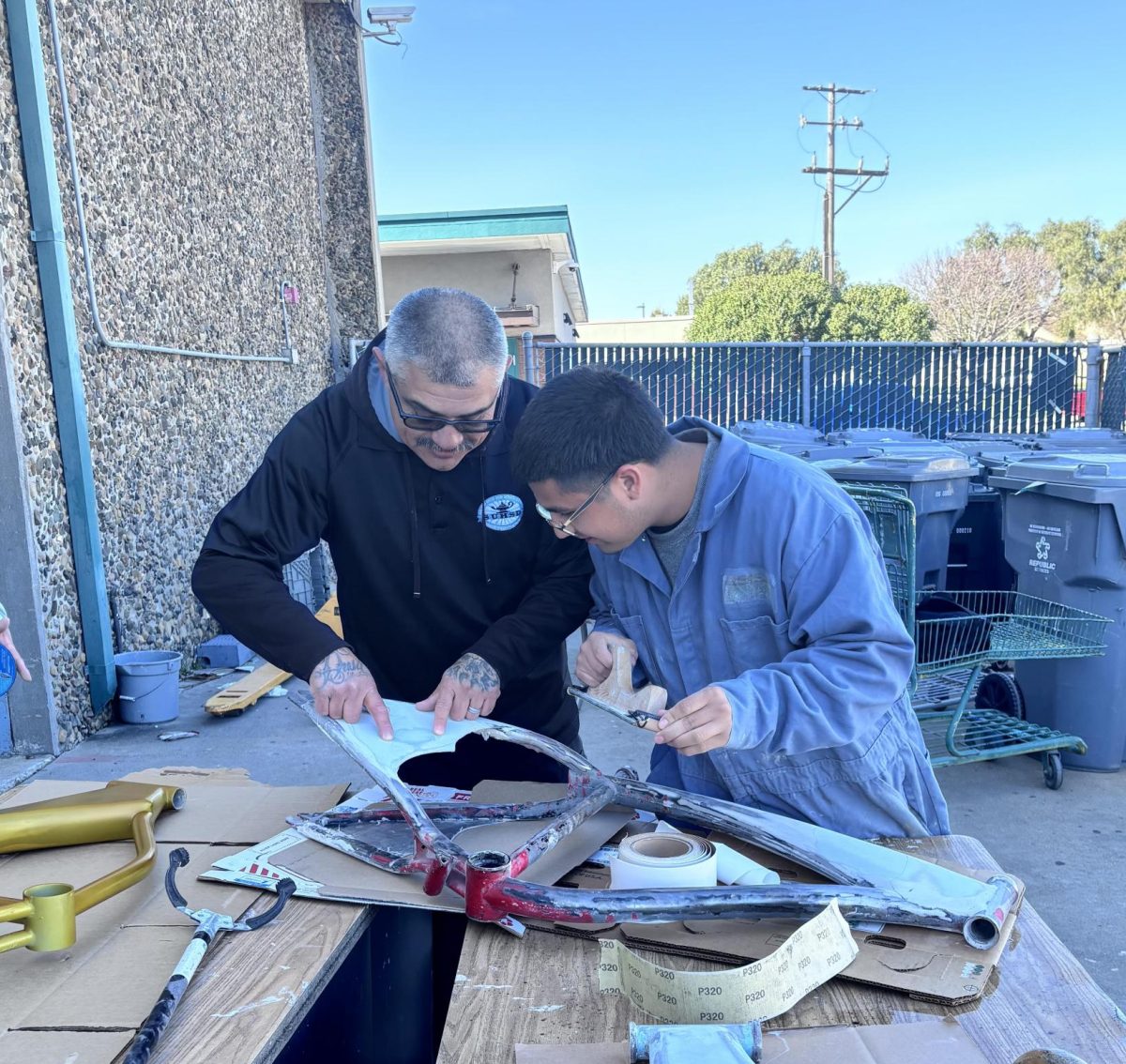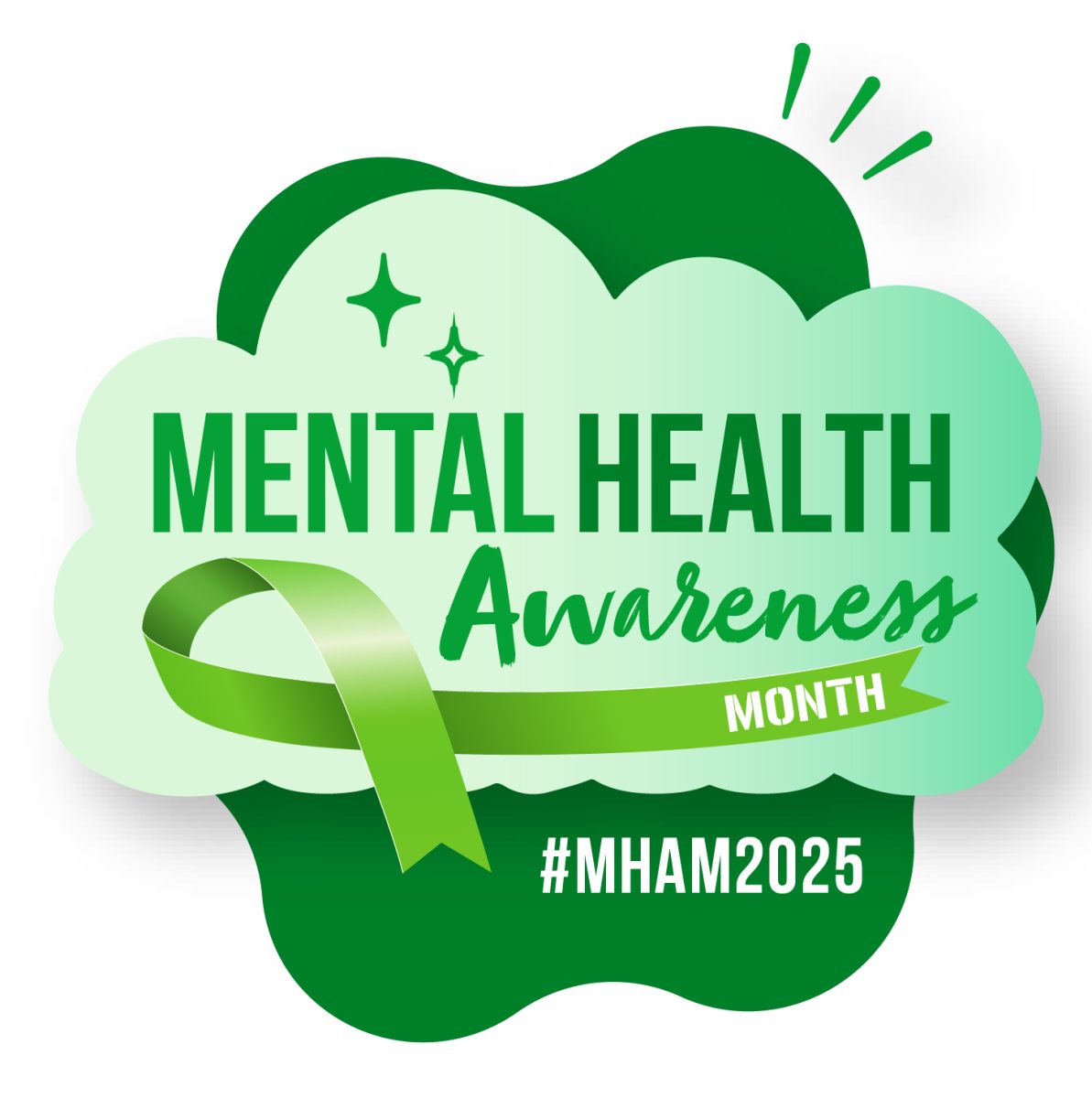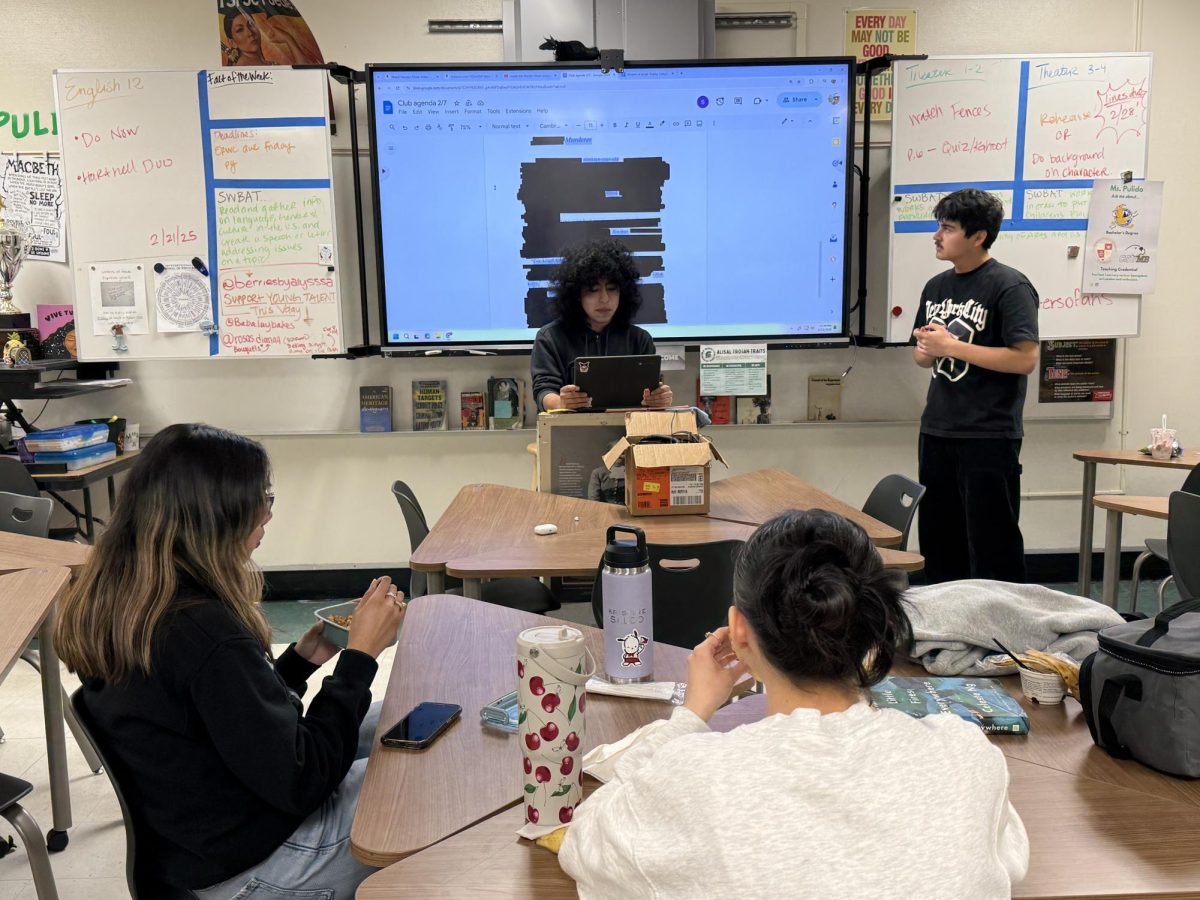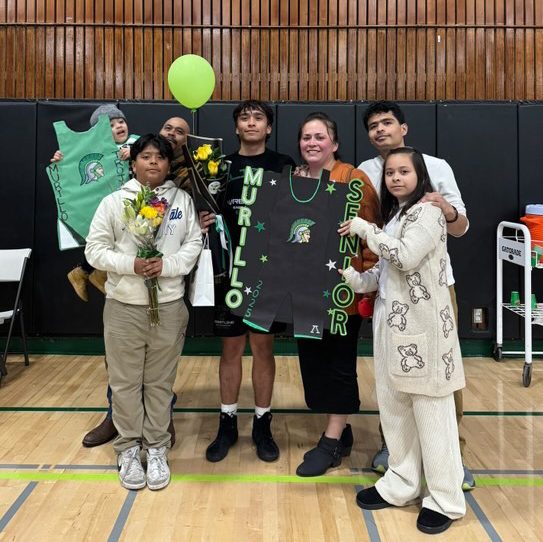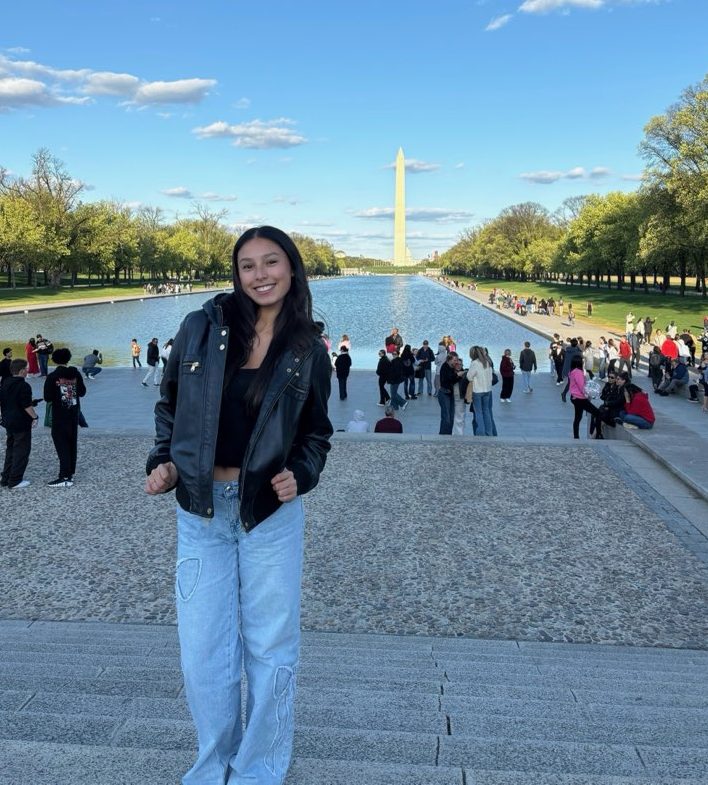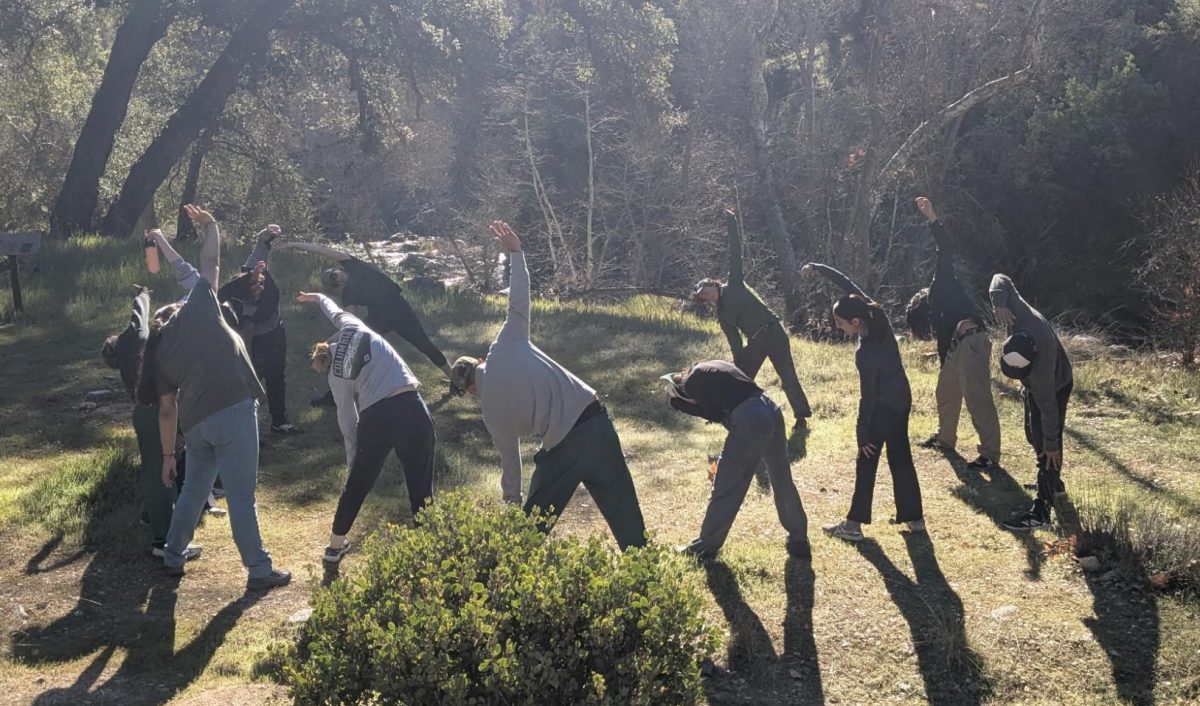Traveling is a way to discover yourself and the world around you. This past summer, I decided to do this when I studied abroad in Taiwan with the Council on International Educational Exchange (CIEE) program.
I first heard about the CIEE program from Ilana Mendez, an Alisal alumnus, who shared her leadership development experience in Ghana. Her story inspired me to consider studying abroad myself.
The CIEE offers programs for high schoolers, college students, and teachers across every continent. Not only that, but they also provide financial aid for students in need which I was able to get for my full-ride.
I chose Taiwan because I’ve always been fascinated by East Asian languages and culture. Mandarin Chinese stood out as a challenge and a great learning experience as it is one of the world’s most spoken languages. I thought immersing myself in Taiwanese culture would help me better understand myself and grow academically and personally.
Once accepted into the program, I was excited to spend a month in Taipei, Taiwan, where I studied Mandarin, lived with a host family, and experienced Taiwanese culture firsthand. This was going to be my first time abroad for an extended period, and I hoped it would push me outside my comfort zone and help me discover new strengths within myself.
The program combined daily morning language classes with cultural excursions, providing a holistic immersion experience. I was most excited about staying with a host family, which would allow me to experience the authentic daily life of a Taiwanese household.
The first few days were challenging. On my first morning, I went for a run along the riverbank near my host family’s apartment. I was unfamiliar with the area and got lost, running almost two miles past my planned route. The heat and humidity were also hard to adjust to, and I struggled to keep up with my usual pace.
Navigating the city was another challenge.nI had to learn how to use the metro (train) system, which involved a lot of trial and error, especially switching lines to get back home. I adapted quickly, though, and soon felt comfortable getting around. The challenge of being in a new environment forced me to rely on my instincts, which helped me grow in confidence.
The language classes were very demanding but also rewarding. They focused on speaking, listening, reading, and writing, with plenty of vocabulary practice and grammar lessons.
The biggest challenge was getting introduced to Mandarin’s tonal system, as the meaning of a word can change completely based on one of four tones. It was tough at the beginning, but my teacher was patient and helped us until we got the pronunciation right.
The difference between this program and the language classes I’ve taken in the U.S. was the immersion factor. I had daily assignments that had me engage with locals in Mandarin.
One of my most intimidating tasks was merely going up to Taiwanese people and interviewing them. I had to ask them questions in Mandarin and take photos with them. At first, I was shy and lacked confidence, but I quickly realized that most people were open and friendly. This pushed me out of my comfort zone and forced me to practice Mandarin in real-world situations. Over time, I became more comfortable speaking and interacting with people, which showed me how much I could grow by embracing discomfort.
Taiwanese culture was very different from American culture. One major difference was in the way meals were shared. In Taiwan, meals were communal, with everyone gathering around a table and sharing dishes.
Another cultural difference was the way Taiwanese people interacted in public. I found that people were generally more reserved in public, which I learned when I had to interview them. However, they are incredibly warm and open once you engage with them.
There were so many highlights of the trip, from the personal experiences to the cultural excursions. My favorite excursion was when I made pineapple cakes from scratch during a baking class, considering I have a passion for baking at home.
I also enjoyed the time I visited the Taipei Zoo. Although it was raining with thunder, I saw a panda for the first time which I was happy about.
The martial arts class was another cool experience, where we learned traditional Taiwanese movements and techniques. At the end of the workshop, my group and I did a group performance in front of the instructor and the rest of our classmates.
However, my overall favorite experience was going to the night markets because I got to try some of Taiwan’s most famous delicacies and treats. Some of the best foods I tried were stinky tofu (the stinkier it is the more flavor it has), shaved ice (with boba, red bean paste, and taro as toppings), beef pepper buns, and sweet potato balls.
Every excursion, whether with my host family or the program, was memorable and contributed to my exploration of Taiwanese culture as there was so much to see and feel throughout the island.
This experience taught me so much about myself. I came to Taiwan feeling hesitant and unsure, but I left feeling confident and more independent.
I learned the value of taking risks that pushed me far outside my comfort zone. The challenges of navigating a new city, learning a difficult language, and interacting with people from a different culture helped me develop resilience as I learned that growth often comes from trying new things and embracing new experiences.
For me, Taiwan was not just a place I visited, but a turning point in my life. To this day, I stay in contact with my host family through text so we can share events about our lives even if we’re across the ocean from each other. I look forward to returning one day, and in the meantime, I continue to study Mandarin to further strengthen my connection to the culture and my host family.
The CIEE program offered me a chance to experience Taiwan in a way few tourists get to. I encourage anyone interested in exploring a new culture and language to consider studying abroad. It doesn’t have to be Taiwan or an Asian country, but a country of choice worldwide where one gets to have an experience of their own. Not only is it a great opportunity to experience something new, but it’s also a way to get insight as to how independent adult life will look in the future.

